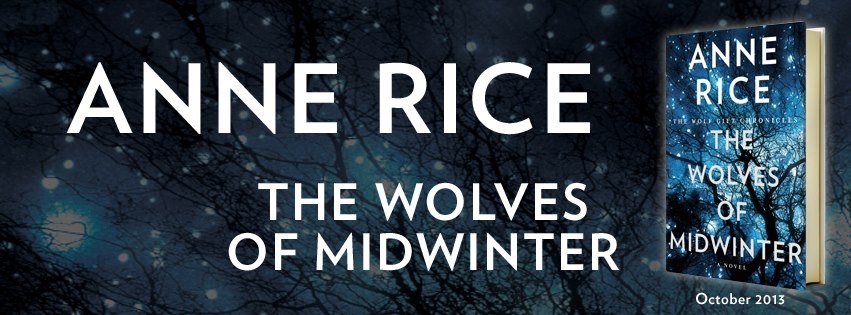The earth will never be the same again.
Rock, water, tree, iron share this grief
As distant stars participate in pain.
A candle snuffed, a falling star or leaf,
A dolphin death, O this particular loss
Is Heaven-mourned; for if no angel cried,
If this small one was tossed away as dross,
The very galaxies then would have lied.
How shall we sing our love's song now
In this strange land where all are born to die?
Each tree and leaf and star show how
The universe is part of this one cry,
That every life is noted and cherished,
And nothing loved is ever lost or perished. (p. 166)
As evidenced in the poem above, Madeleine L’Engle was definitely endowed with a true gift of writing lucidly and poetically. Also, she brought much desired depth and artistic ambiguity to the world of Christian fiction that often suffers from being didactic. To be fair, many writers from different religious and ideological backgrounds struggle with this problem. Often, our insular worldview presents itself as a preachy voice that is jarring to the flow of any story that we set out to write. It takes a while for many writers to overcome these problems and focus entirely on the shaping of deeply complex human characters who are never superficial. One of the greatest examples of a writer who could naturally fit their ethical message into the framework of the story was Charles Dickens and his wonderful novel, Hard Times. In that, we see proof that its possible for an ethical message to be intertwined with the content of the story in a way that is natural and seamless.
Madeleine L’Engle always incorporates her Christian worldview into her novels in a way that greatly enhances her work. As an agnostic or seeker who has no definitive views on religion, I find the Christian message of hers to be very nuanced. It is not Christian in the way we often see it being poorly represented by fundamentalist groups. Madeleine L’Engle instead focuses on the sacred mystery of God rather than the God of certitude and firm belief. Her God often makes us feel healthfully doubtful more than feel tritely fullfilled. It is this intellectual humility present in her spiritual beliefs that often did not make me feel uncomfortable. Instead, the humility of her writing focuses more on the universal struggle for meaning rather than a struggle exclusive to Christianity. Remarkably, St. Augustine often depicted all people, regardless of religion, as struggling to follow the good intentions of their soul rather than the bad intentions. We are all meaning-seeking creatures.
In Ring of Endless Light, there are no silly arbitrary classifications between Christian, atheist, and agnostic. Instead, Madeleine L’Engle presents a world with humans who are valiantly struggling to comprehend this chaotic world that we’ve miraculously find ourselves in. Vicky Austin, the main female voice of the story, represents the most inquisitive individual of the story. Recently, the reality of death is threatening her tidy worldview. Fascinatingly, Vicky has three guys who are vying for her attention. The father to one of them had recently died when rescuing Zack, the atheistic voice of the story. On the other hand, Adam portrays the openness of the world of nature. Adam struggles with all the same existentialistic questions that plague Vicky’s artistic mind. Yet, he studies the dolphins and tries to see how they come to grips with death.
Many Christian books never appear to present the true difficulties that plague human existence. Except, many of these struggles over doubt and depression seem to vanish once someone is “born again.” Madeleine L’Engle’s books never end the lifelong struggle of trying to comprehend the world and God. If anything, our relationship with God is never static. It is always evolving. In “Ring of Endless Light,” we are given the far more artful portrait of this struggle. There are no clear answers. Within Ring of Endless Light, we are instead given the opportunity to accept the fact that our doubts or thoughts revolving around the divine are never settled. They are merely the dynamics of this existence within a world that is so vast and incomprehensible.
There is a rich subtlety and silence within many parts of this book. One of my favorite character was Vicky Austin’s grandfather who represents the epitome of a good minister. Her grandfather refuses to define God or have his faith hinge on a certain litany of beliefs. Instead, her grandfather’s spiritual belief represents the wisest form of spirituality that accepts the mystery and finds solace in the search for theoretical answers to those big questions. In Vicky’s world, spirituality can be constrained by religious legalism and even rigid atheism. By condensing the spiritual search to a “Yes” or “No,” question about whether or not he/she/ it “exists,” we are greatly denying our place in the universe. We are a mote of dust that contains a lot of depth. If we fail to understand others adequately, How can we be so confident about what or who God is?It is our greatest pitfall that limits our ability to see the “ring of endless light” hiding beneath the fabric of the supposed meaningless universe. Like Shakespeare, Madeleine L’Engle’s way of showing us God is not by telling us about God, but showing us a reflection of our difficult lives where we are constantly wrestling with these complicated matters about "Why we are even here?" "Does death equal dissolution into nothingness?" We don't just have certain recycled answers that we're always complacent with. Lately, it seems like that is all that people do at church: Find complacency in easy beliefs to insure we're going to heaven. Yet, How can we ever be so certain in a universe so much bigger than ourselves?
To me, this book is the pinnacle of Madeleine L’Engle’s literary successes that masterfully evokes the experience of the universal search for meaning within this world. All aspiring writers should read Madeleine L’Engle to learn the art of creating stories that grant us an emotional experience rather than give us direct answers about things we cannot possibly fathom.















